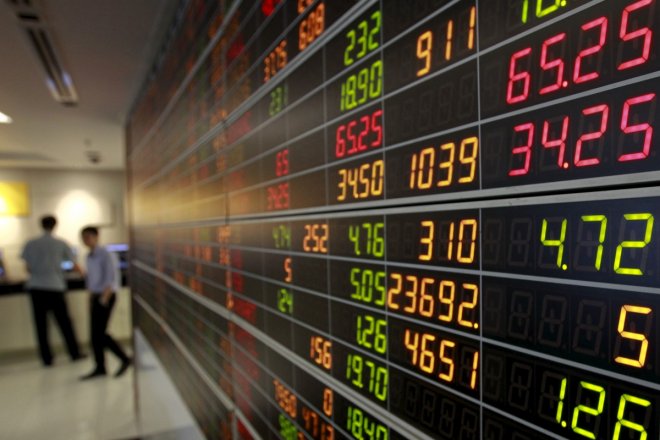
Indian stocks gained on Monday, led by heavyweight Infosys after the software maker appointed Salil Parekh as chief executive officer and managing director.
Parekh, 53-year-old from Capgemini took the helm of Infosys Saturday, beating out a field of internal candidates and former executives who had originally been considered front runners.
His predecessor, Vishal Sikka, quit after he came under intense fire from the company's founders who objected to his strategy and compensation.
At 0620 GMT, the S&P BSE Sensex rose 0.33 percent at 32,942 while the broader NSE Nifty gained 0.29 percent to 10,151.
Infosys gained about 4 percent and was among the top gainers on the Sensex.
Among the other top gainers, Bharti Airtel advanced 1.6 percent, Tata Motors gained 2 percent, ONGC rose 1.3 percent while Hindustan Unilever added 1.4 percent.
Biocon jumped 11 percent after the U.S. FDA approved Mylan N.V. and Biocon's biosimilar for Roche's drug Herceptin, used in the treatment of breast and metastatic stomach cancer.
Tata Motors gained 2 percent after the company said its November sales jumped 58 percent year over year at 52,464 units.
But Wipro lost 2 percent after National Grid U.S. filed lawsuit against Wipro seeking damages of $140 million plus additional costs related to an ERP implementation project that began in 2009.
Market breadth was in the favour of gainers, with about 2 stocks advancing to every 1 stock that declined.
Asian shares were less euphoric, with MSCI's broadest index of Asia-Pacific shares outside Japan hovering near a one-month trough on fears U.S. policy tightening could suck liquidity from emerging markets and derail global growth.








